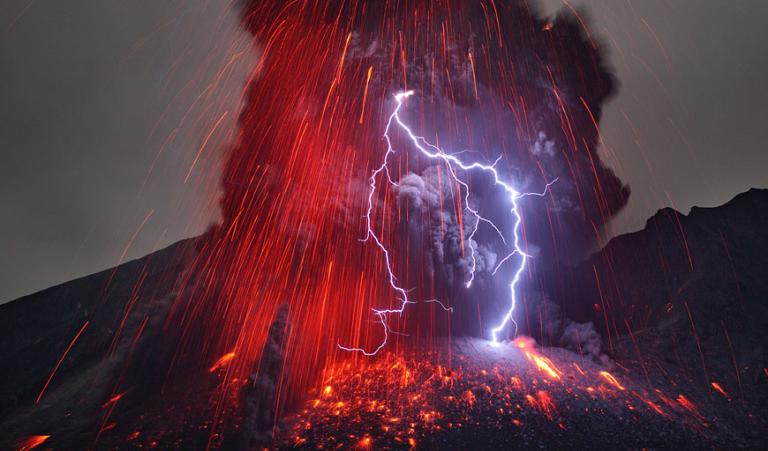Imagine that you’ve grown up in a beautiful, hilly countryside near many streams where you played and fished as a child.
Now, years later, you can’t even let your own kids or grandkids play in those same waterways because of pollution from a nearby mountaintop-removal coal mine.
Such is the reality for thousands of people living in small Appalachian communities across West Virginia, Tennessee, Virginia, and Kentucky.
“Mountaintop removal makes aquatic life sick; it makes people sick; and it destroys vital communities,” says Jim Sconyers, Sierra Club West Virginia chair.
This week the Sierra Club joined the West Virginia Highlands Conservancy and Ohio Valley Environmental Coalition in filing a series of legal actions to protect West Virginia waterways from mountaintop-removal-mining-based water pollution. These actions allege that Alex Energy, the Fola Coal Company, and Consol are violating the Clean Water Act by allowing their mining sites to contaminate several waterways with sulfate, selenium, and other dissolved solids.
Mountaintop-removal coal mining has damaged or destroyed nearly 2,000 miles of streams across Appalachia as the coal companies dump mountaintop removal waste into valleys. This practice poisons waterways these communities rely on for drinking water and recreation.
Unfortunately, the four states ravaged by mountaintop-removal coal mining refuse to take the threat to our water seriously. The U.S. Environmental Protection Agency has estimated that nine out of 10 streams downstream from valley fills associated with coal mines are biologically impaired. But neither the state of West Virginia nor the EPA has taken action to require compliance and cleanup of the polluted streams.
“Amazingly, at the same time that data show more and more streams impaired by coal mining, the West Virginia Department of Environmental Protection is seeking to reduce the number of streams on the state’s impaired streams list,” says Jim Sconyers.
“Rather than forcing the mining companies to clean up the impaired streams, WVDEP is trying to redefine the meaning of ‘impairment’ administratively so that it no longer exists. So groups like ours have to do WVDEP’s job. We can’t allow these companies to keep poisoning our streams.“
Selenium, the pollutant at question in the Consol case, is a toxic element that causes reproductive failure and deformities in fish and other forms of aquatic life, and is discharged from many surface coal mining operations across Appalachia. Selenium accumulates in the tissues of aquatic organisms over time.



